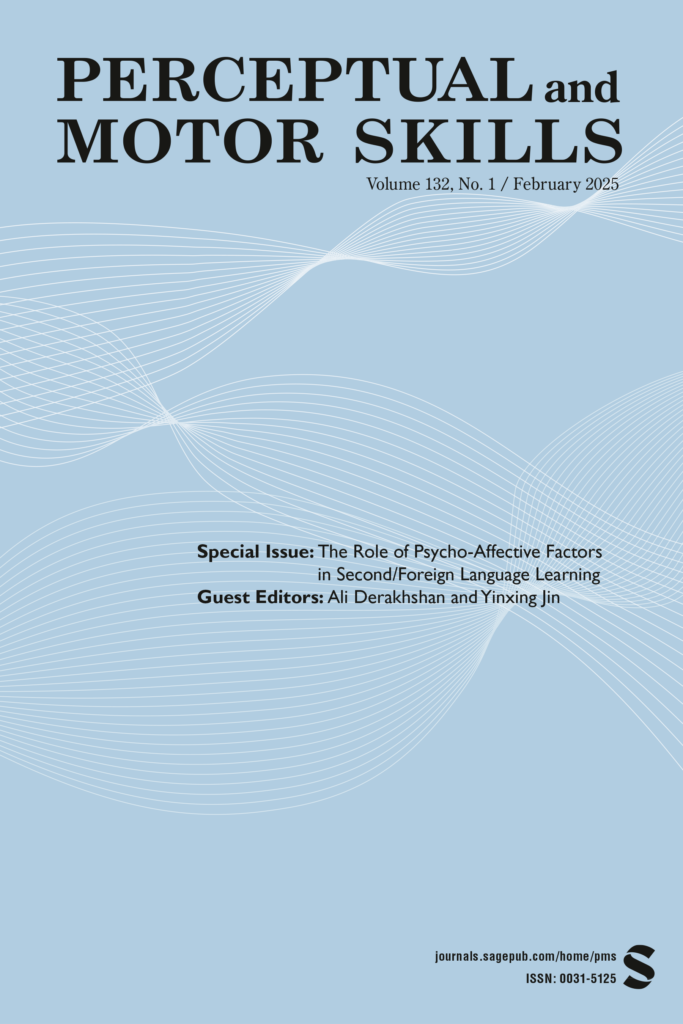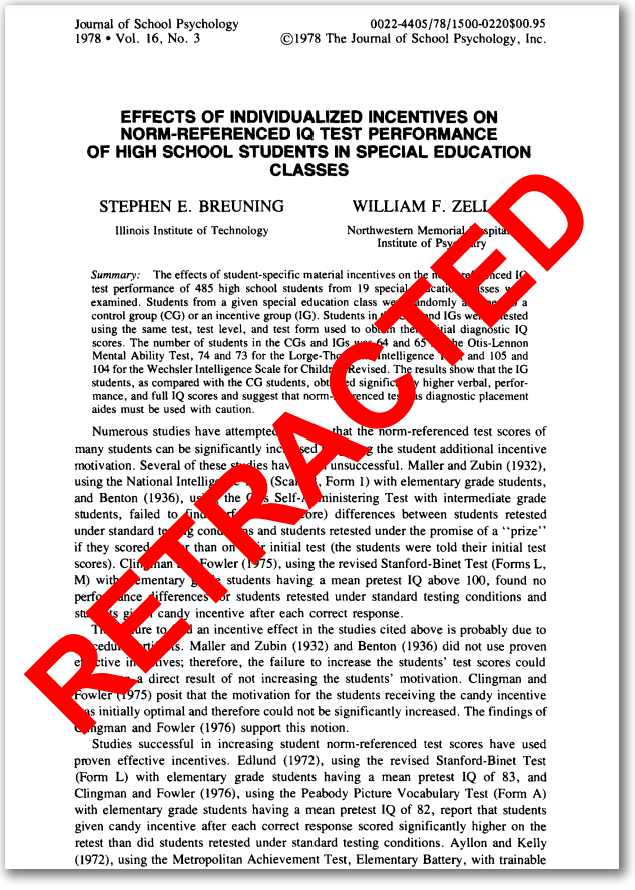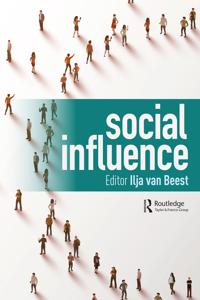
Philip G. Zimbardo passed away in October 2024 at age 91. He enjoyed an illustrious career at Stanford University, where he taught for 50 years. He accrued a long list of accolades, but his singular and enduring contribution to scholarship was the Stanford Prison Experiment, a simulation carried out in the university’s psychology department in August 1971. The research project became the best-known psychological analysis of institutionalization at the time.
The study has always been treated with skepticism by penologists and psychologists, and recent scholarship by social scientist Thibault Le Texier has raised fundamental questions about the scientific validity of the investigation, the originality of the research design, the unethical treatment of the subjects, and the credibility of the reported results.
Many consider Zimbardo’s SPE to be one of the classic studies of experimental psychology in the post-war period. It continues to be reported as a landmark achievement in many psychological textbooks today, despite drawing decades of criticism both in and out of the scientific literature. But considering Le Texier’s findings, should Zimbardo’s work be retracted?
Continue reading Guest post: Should Zimbardo’s Stanford Prison Experiment be retracted?







